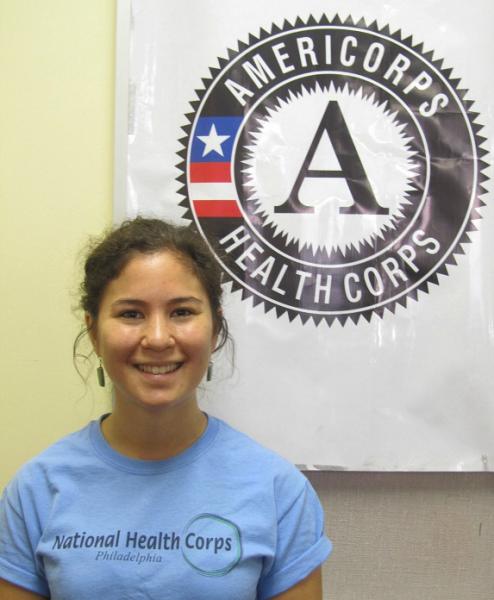Please hold for your Kinyarwanda Interpreter
In January 2014, I began interning at the Nationalities Service Center (NSC). Now, I serve at NSC as one of the Philadelphia Health Corps (PHC) Refugee Health Associates. While my title has changed, my primary goal of helping refugees successfully navigate the U.S. healthcare system has not. Although this means different things for our ethnically diverse populations, there is one public health need that is always relevant in reaching my goal: language access. Under the Civil Rights Act of 1964, title VI states that any program or activity receiving federal financial assistance is required to provide interpretation services. Thus, I try to empower my clients with this knowledge, to ensure that they feel comfortable asking for an interpreter at the doctor’s office.
In particular, this issue is extremely relevant for the newly arrived Congolese community who have been living in Philadelphia for less than one year. Those that now live here are the first from their country to be resettled in the area, meaning that they must learn everything from scratch, without the help from an established community. Additionally, their arrival requires adding another language to the hospital’s list of commonly requested interpreters: Kinyarwanda. The next step is two-fold, and requires myself, the patient advocate, to enforce the use of interpretation at the doctor’s office as well as to instill the confidence in my clients to do this on their own. This takes time, encouragement, and repetition with the client as well as with the healthcare staff. Although necessary, the process can be frustrating for everyone involved because it can take upwards of 30 minutes to get a Kinyarwanda interpreter on the phone; prior to the Congolese arrival, they were rarely requested and therefore access is limited. Thus, patience wears thin while everyone waits, and the quality of the experience within the healthcare system is diminished. Specifically for my Congolese clients, I make an effort to meet with them regularly to discuss their concerns and brainstorm solutions for challenges they encounter as a result of language barriers. Some solutions include writing out note cards containing key information for them to take to an appointment, or calling ahead to let the front desk know a non-English speaking client is coming. More recently, I make a point to remind my Congolese clients to be prepared to give the receptionist their photo ID and insurance card immediately, ensuring a more stress-free check-in where communication is not a problem.


Moreover, many of the Congolese are taking English classes that are offered by NSC, and we currently are setting up a class that will go over commonly needed phrases within the healthcare system. These solutions help to empower our Congolese clients, providing them with the opportunities to take ownership and responsibility for their success in accessing care. Additionally, NSC has encouraged some health practices to have in-person interpreters that can assist clients as soon as they walk through the door. Improvement is at every corner. What’s more, a few months ago, one of my clients would memorize statements that he found useful such as “we go together” or “I have appointment”, for the times when he did not want to wait for the telephonic interpreters. Although I was unable to respond to these statements, the relationship we had developed over the past few months enabled not only me to know what he was trying to express, but for my clients to trust that I would help him get what he was really asking for. This client, along with other Congolese, has continued to expand their English vocabulary through ESL classes, and is thereby learning how to access the healthcare system. They are paving the way for language access and cultural respect for their growing community.

This post was written by PHC member Suzie Block.
Suzie serves with Nationalities Service Center as a Refugee Health Associate.
